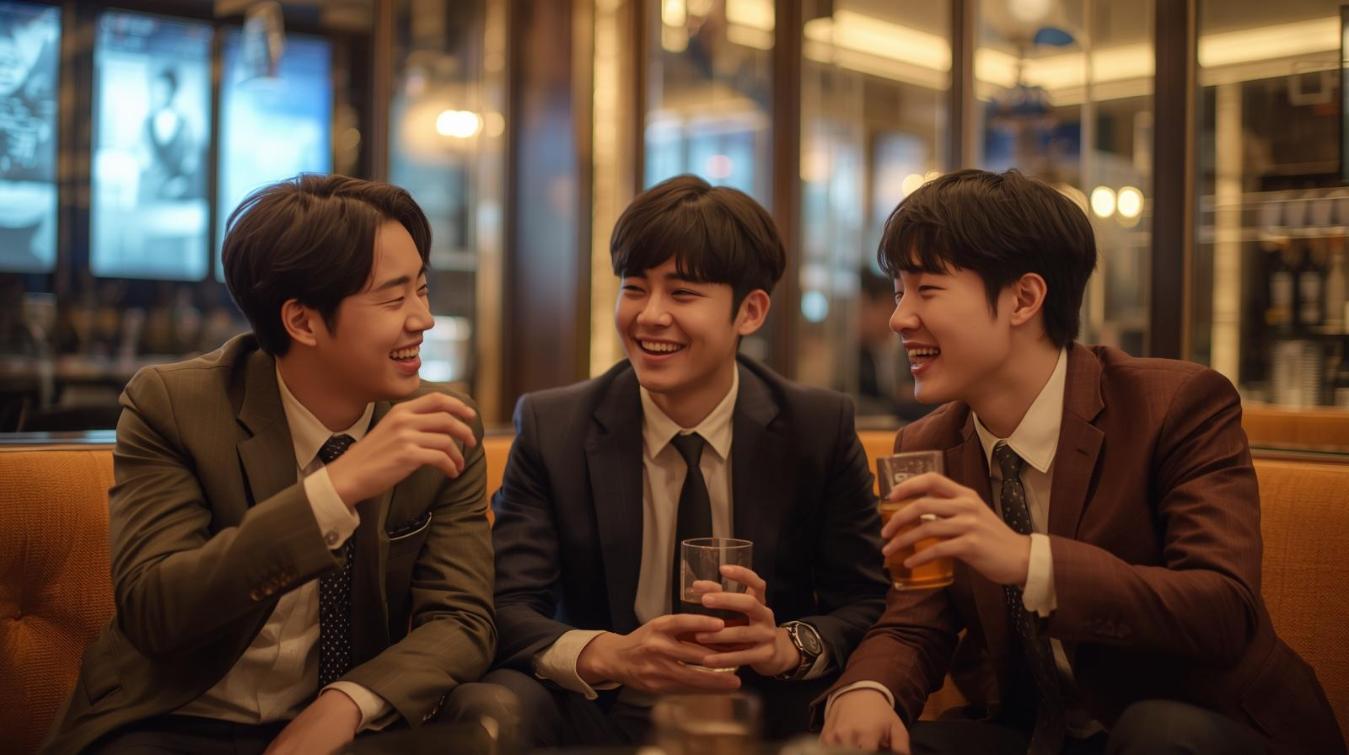The Symbolic Price of Gangnam Jjeom-O and the Dreams of Returning Soldiers

The anticipated life post service for many infantrymen carrying out their mandatory military service has a plethora of components, with each of them much more desirable than the restrictions associated with service life. Among the attributes of post-service life, nightlife in the Gangnam district of Seoul seems to hold a special place.
References like Recommended Gangnam Jjeom-O (강남 쩜오 가격) go beyond pure entertainment, capturing the cultural essence of what young men imagine for life after armed engagement.
The Price as a Symbol of Aspiration
The price of a night out at the Gangnam Jjeom-O, for example, is much more indicative of a certain status. It is, in many cases, primarily a marker of a symbolic threshold rather than an accessory to the idea of affordability. To soldiers, the idea of spending money in such upscale spaces is a financial milestone after their service and therefore deeply desirable.
The price of such spaces in, out of, and around Gangnam is almost exclusively beyond reach, and as with many other things, fulfilling such an aim is an ambition. Most people want to choose where to spend their money, not consume as much as possible. In this way, the price of Gangnam Jjeom-O is both a source of pain and a source of pleasure.
The Role Media Plays In Shaping One’s Perception
The media in wig fashion is both motivating and constructive. In addition to the glamorous and exclusive vlogs and articles showcasing the nightlife conveniences in Gangnam, other media platforms depict individuals wearing a special uniform during their shifts, suggesting that once this uniform is removed, they enter a different realm of entertainment. This is the world that the cultural media aims to promote.
The illustrations portray the world outside the military differently from what the soldiers anticipate. “Gangnam Jjeom-O” for some soldiers is a beautiful and luxurious destination that is a product of the soldiers’ imagination, which incorporates a lot of the media they’ve consumed while in service.
ALSO READ: Why Soldiers Are Turning to Puzzle Games During Downtime on Deployment
Fulfilling Personal Aspirations Within Economic Contexts
The correlation between the images of Gangnam Jjeom-O and the soldiers is that the soldiers have the luxury of being able to spend time there. However, not all soldiers will make the effort to spend their time in Gangnam. The ability to save money for a journey to Gangnam is a very motivating assumption, serving as a way for a soldier to measure themself. It demonstrates the personal growth experienced by soldiers after transitioning from a validated narrative to the free world.
The desire associated with Gangnam Jjeom-O captures the South Korean economic culture. Many associate earning their first salary with achieving milestones within the entertainment districts. Therefore, paying the nightlife’s “admission price” is not seen as a hurdle, but rather as a goal to achieve.
Cultural Aspects Beyond Nightlife
Although the core of Gangnam Jjeom-O is the adult entertainment culture, its significance broadens when viewed through the prism of ambition. It embodies the longing for desire, the yearning to participate in the monotonous dance of the civilians, and the ability to pay for the previously unattainable.
For soldiers dreaming about life, their aspirations, too, focus on self-expression rather than self-indulgence. Hence, the price of Gangnam Jjeom-O is more than a monetary amount. It is a story of change, progress, and the enduring hope associated with youth.
